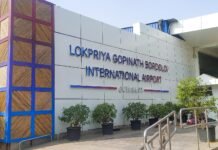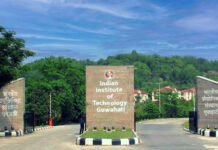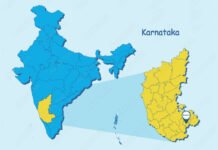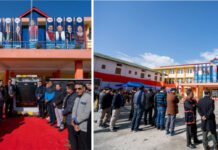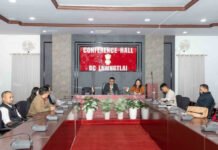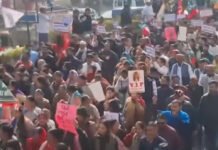In a renewed effort to break the deadlock over the long-standing Naga political issue, the Government of India’s interlocutor, A.K. Mishra, held a significant joint meeting with leaders of key Naga political groups in Chümoukedima on Thursday.
The dialogue brought together two major factions of the Working Committee of the Naga National Political Groups (NNPGs): one led by N. Kitovi Zhimomi and another helmed by Neokpao Konyak and Alezo Venuh. Mishra is also scheduled to engage with the NSCN (K) Niki group during his current visit, signaling a comprehensive round of consultations with major stakeholders.
Speaking to reporters after the meeting, Working Committee convenor N. Kitovi Zhimomi voiced optimism about the direction of the talks. “We are committed to finding an early solution. Our decision is to move forward together, not be held back by the past,” he said.
Echoing the sentiment, co-convenor Isak Sumi highlighted the need for unity among all Naga factions. “This is not about a single group—it is a process of collective consolidation. The goal is to arrive at a shared resolution through consensus,” he stated. Sumi called on all stakeholders to work jointly toward drafting a unified roadmap for the implementation of any eventual agreement.
He also clarified that while no formal date has been set for the next round of discussions, there is a shared desire to expedite the process. “We are not operating through a rigid structure. Each group maintains its individual identity while coming together at the negotiation table,” Sumi noted.
The joint meeting follows the last round of talks held on June 12, and Mishra’s arrival in Nagaland on July 16 marks another step in the Centre’s continuing engagement with Naga stakeholders. Prior to the latest gathering, Mishra had also met separately with NSCN-IM leaders, according to sources.
Over the years, the Government of India has signed two landmark documents with Naga groups—a Framework Agreement with the NSCN-IM in 2015, and an Agreed Position with the NNPGs in 2017. Although negotiations have been underway for years, a final and inclusive political solution has not been reached.
In October 2019, the then interlocutor and Governor of Nagaland, R.N. Ravi, declared that talks had officially concluded. However, unresolved issues have since continued to stall the formal announcement of a peace accord.
The NSCN-IM has consistently stood firm on its core demands, which include a separate Naga flag, a distinct constitution, and the integration of all Naga-inhabited areas—issues the Centre has not agreed to. This divergence has been a key reason for the delay in reaching a comprehensive solution.
Meanwhile, the Working Committee of the NNPGs has expressed a more pragmatic stance, indicating willingness to accept what is feasible at present and continue discussions on other contentious issues in the future.
With the peace process entering yet another critical phase, the Centre’s challenge remains the same: to bring all Naga stakeholders on board, address historical grievances, and forge a political settlement that is both inclusive and lasting.


